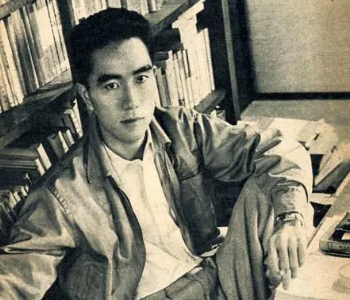In the ancient history of China, Cao Chong was a well-known prodigy. His father was Cao Cao, the famous chancellor of the Wei Kingdom during the Three Kingdoms period. Cao Chong's fame stemmed from his extraordinary intelligence displayed when he was young. However, there is an intriguing comment about his intelligence in history - Sima Yi once said that Cao Chong was not really intelligent because he did not know how to hide his intelligence. This comment provokes deep thought, reflecting not only Cao Chong's personal traits but also the deeper understanding of intelligence and wisdom in ancient society.

1. Cao Chong's Intelligence and Early Death
Born in 196 AD, Cao Chong was renowned for his wit and talent from a young age. The most famous anecdote about him is the story of "Cao Chong Measuring the Elephant". Without the ability to directly weigh the elephant, he cleverly used the principle of buoyancy to estimate its weight, displaying extraordinary wisdom. However, this "prodigy" died at the early age of 13 due to illness, unable to continue writing his legend.
2. Sima Yi's Evaluation of Cao Chong
Sima Yi, Cao Chong's elder and a renowned politician and militarist during the Three Kingdoms period, evaluated Cao Chong based on his profound understanding of intelligence and survival skills. In his view, true intelligence was not just about problem-solving abilities but also about how to protect oneself in complex interpersonal relationships and social environments. Although Cao Chong was exceptionally intelligent, his talents were too exposed, and he did not learn to hide his sharpness when necessary. In the political environment of that time, this often led to jealousy and calamities.
3. The Dialectical Relationship between Intelligence and Concealment
Sima Yi's evaluation touches on a philosophical issue: the dialectical relationship between intelligence and concealment. In an environment filled with competition and suspicion, overly displaying one's intelligence may provoke others' vigilance or even hostility. Therefore, sometimes hiding one's intelligence and maintaining a low profile can be a higher level of wisdom. This wisdom requires not only the ability to solve problems but also the know-how to protect oneself and avoid unnecessary risks.
4. Historical and Realistic Implications
From a historical perspective, Cao Chong's story, his early death, and Sima Yi's evaluation have left profound implications for future generations. In real life, we often encounter similar situations: a person's talent and ability are both their asset and potential burden. How to protect oneself while showing oneself is an art and an essential survival skill.
Conclusion:
Cao Chong's intelligence is undoubtedly admirable, but his story also reminds us that true wisdom goes beyond problem-solving intelligence. It lies in finding one's own way of survival in complex social environments. Although Sima Yi's evaluation has limitations of its time, his insight into the relationship between intelligence and concealment still has widespread practical significance today. In modern society, we still need to learn how to balance display and concealment, how to maintain clarity and caution in fierce competition. Perhaps this is the greatest revelation Cao Chong's story can offer us.
Disclaimer: The above content is sourced from the internet and the copyright belongs to the original author. If there is any infringement of your original copyright, please inform us and we will delete the relevant content as soon as possible.































